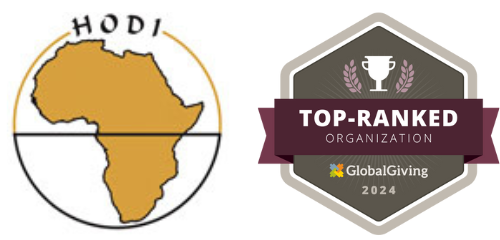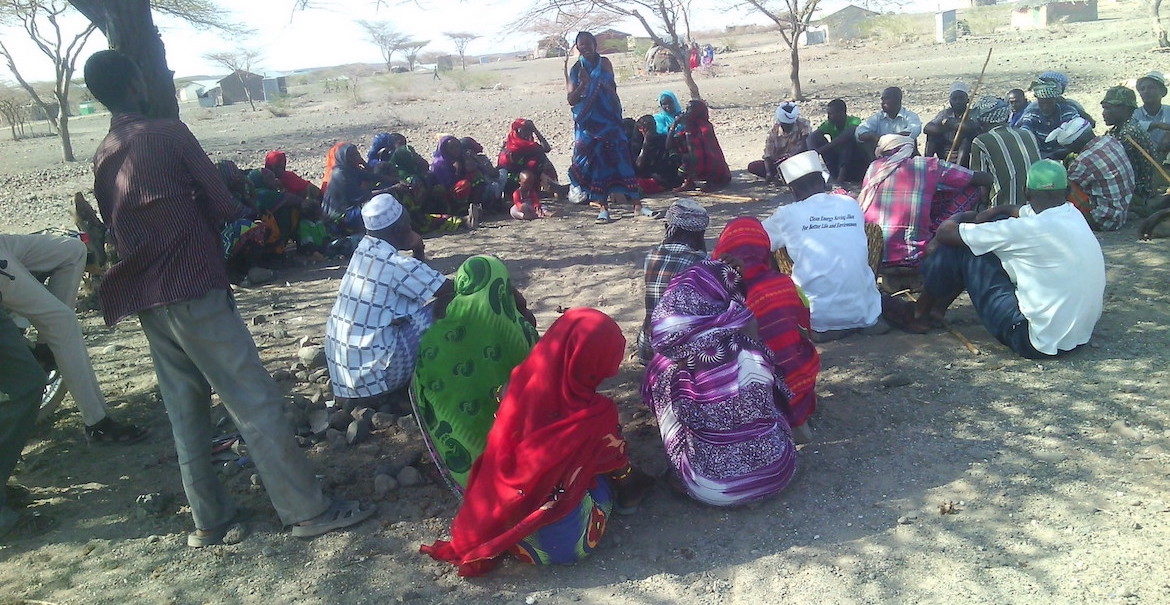30 households with 1 goal
The villages of Abkul and Guyo Roba in Maikona had a water shortage for years. And they had tried for some time to solve this problem. Five times, in fact. All these attempts were unsuccessful because they had no organized platform to meet and discuss this issue in detail.
In June 2015, HODI re-established the community conversation process in these two villages. The inhabitants decided to meet twice a month to deliberate on issues. It took them two months to get going, but once they did, the aforementioned water shortage became the focus.
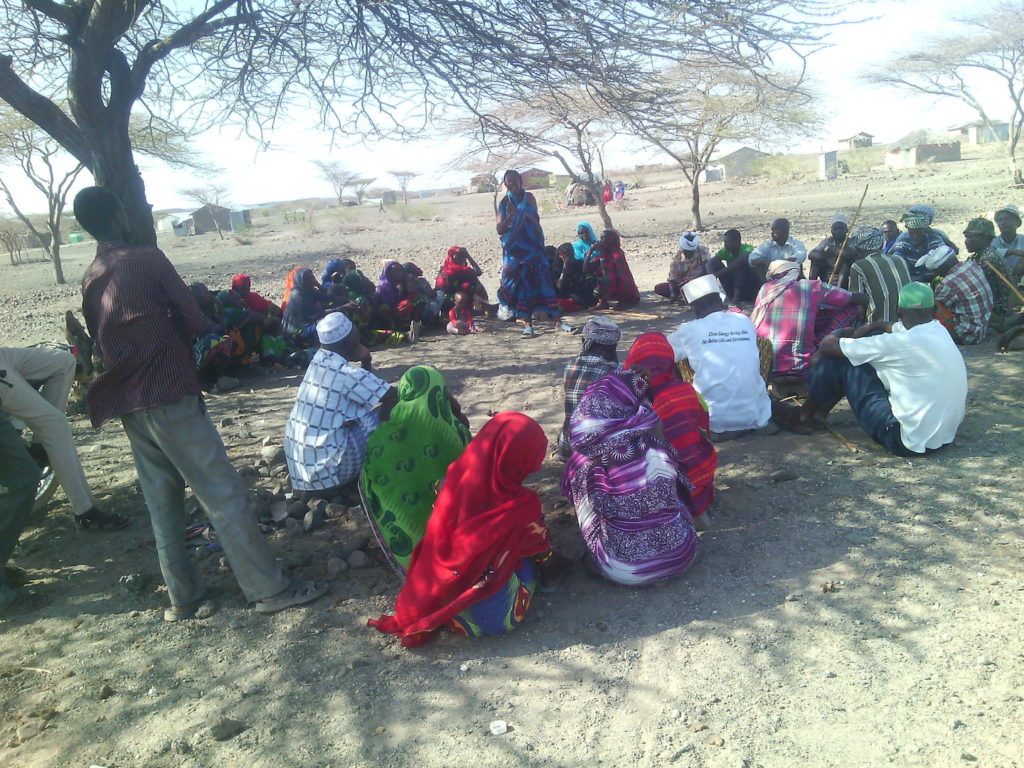
For two years, they had heavily relied on the neighbouring Maikona Primary School for their water needs. The school was then fenced off under a different project to enhance security for its pupils. This presented a challenge to the community. Their normal route to the borehole was now closed off and water scarcity began to hit. In Maikona, where temperatures can rise as high as 33°C, water is an essential commodity. “Because of the distance, women really suffered. The water kiosk is also far away from the village”, says Halkano Adano, a community facilitator from Maikona. In the past, they would have sat and waited for someone to help them out. Not this time.
In March 2016, members of the village started discussing it in their community dialogue meetings. They came up with the idea to lay underground pipes to deliver water from the school borehole to the villages. A meeting was set up with the school’s management committee to request support for the piping project.
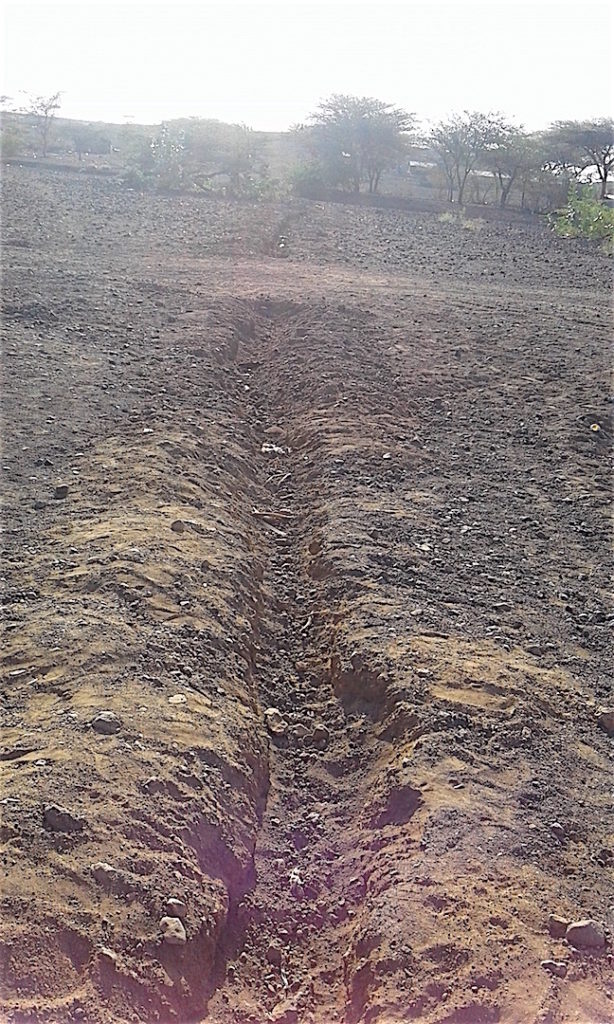
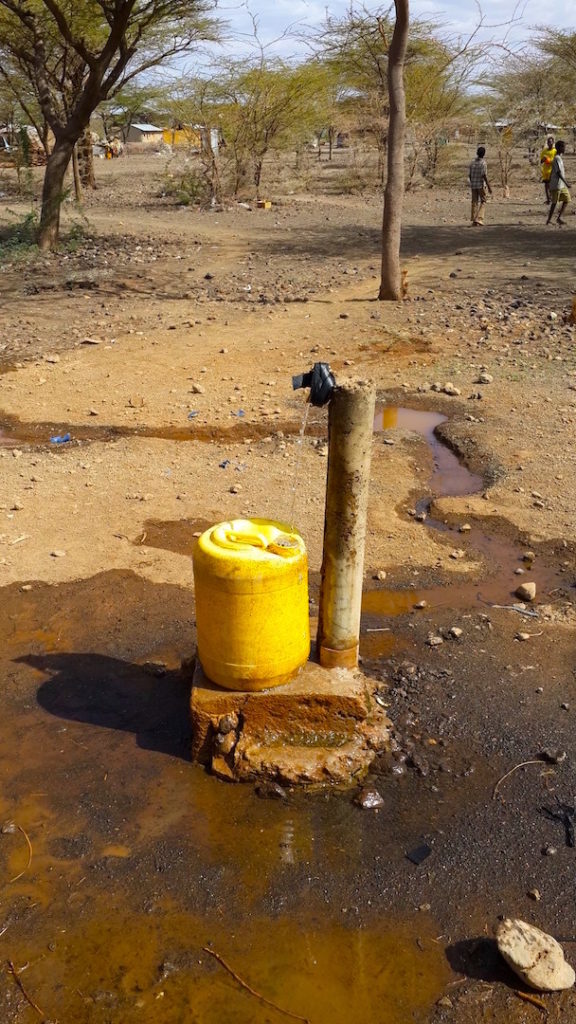
But there was the small problem of costs. Who would pay for this? After a number of meetings, they settled on a solution. They needed twelve thousand shillings (USD 120) exclusive of labour costs to make their project a reality. To finance this, each of the thirty households volunteered to contribute four hundred shillings (USD 4) for the whole project.
One hundred metres of water pipes was purchased through this contribution. Community members also volunteered to provide the labour needed to dig the trench and complete the piping. It took them days, but with the support of the school, they managed to complete the piping and water was available at their doorsteps.
Halkano observes, “we feel that our lot has really improved since we began holding dialogues”. Water scarcity was solved by ordinary people pulling together to overcome it.
